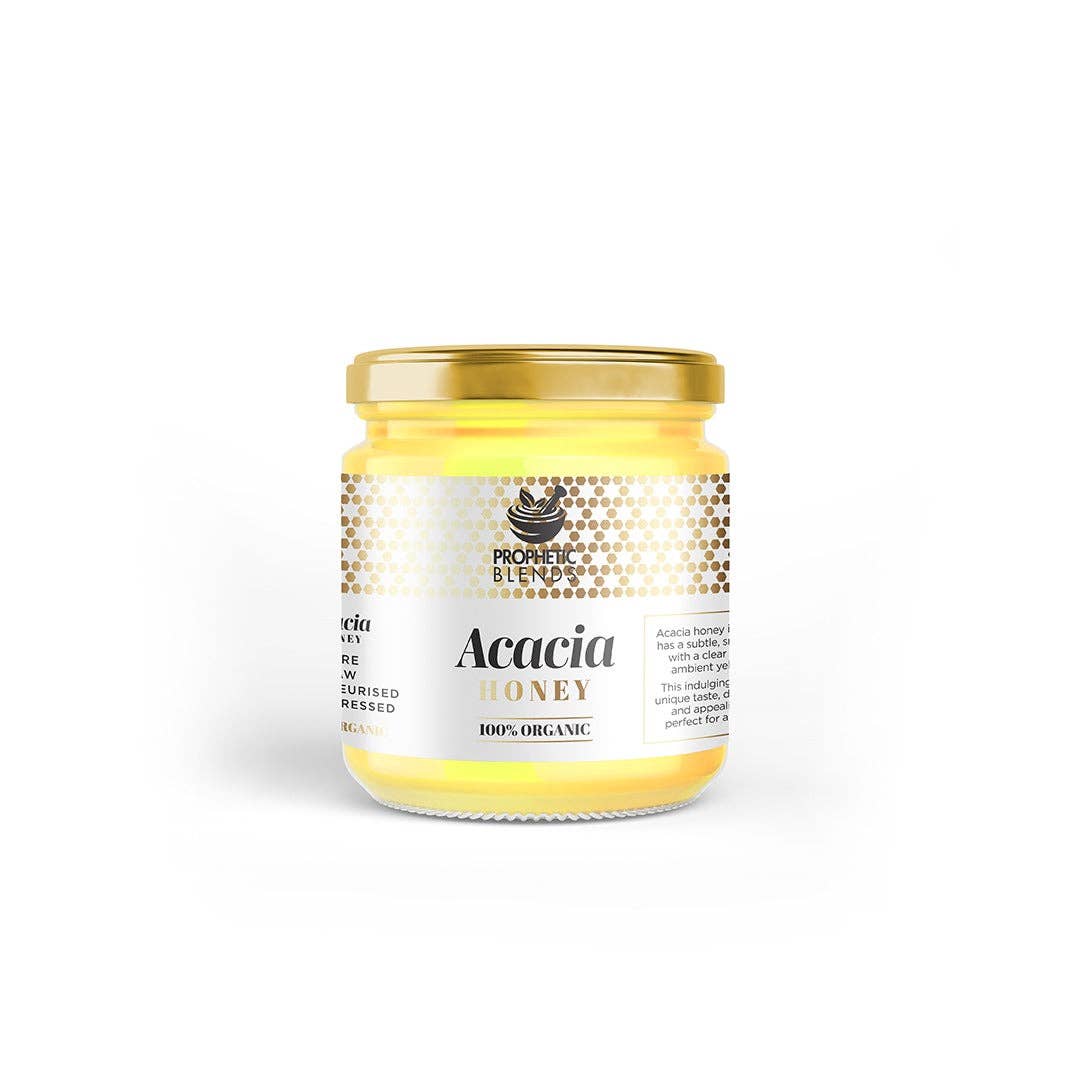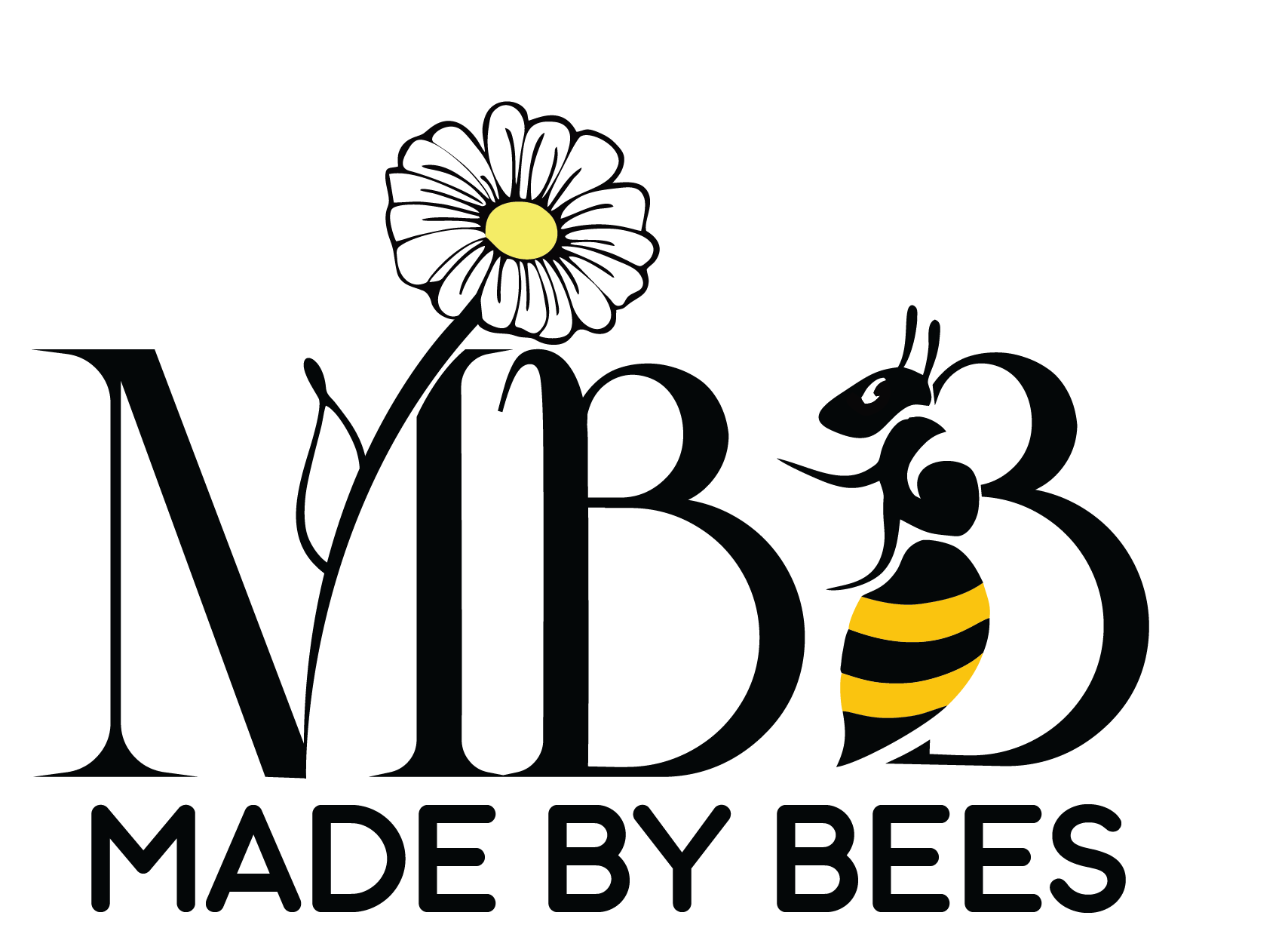
Hungarian Acacia Honey
Organic Hungarian Acacia honey is prized for it’s unique taste and is considered one of the best Acacia honeys.
Why Hungarian Acacia honey is so good:
Hungarian Acacia Honey (from Robinia pseudoacacia, or black locust trees) is one of the most prized honeys in Europe and globally.
Why It’s so good:
-
Exceptionally light, clear, and pure
-
Pale yellow, almost water-clear
-
Delicate floral taste with subtle vanilla notes
-
Non-overpowering sweetness makes it incredibly versatile
-
-
Naturally high fructose content
-
Can stay liquid for years
-
Ideal for consumers who dislike textured honey
-
-
Ideal growing conditions
-
Hungary has vast black locust forests in low-pollution zones
-
Stable spring climate aids consistent flowering and nectar flow
-
-
Strict EU & Hungarian quality standards
-
Hungarian producers follow EU guidelines for honey traceability and purity
-
Certified organic
-
-
Premium honey
-
Widely used in gourmet food and fine tea pairings
-
High demand across Germany, Japan, Middle East, and the UK
-
Raw, cold Pressed and organic Acacia Honey from the lush valleys of Hungary. Naturally processed, retaining all its natural properties. A naturally low pollen content makeing it one of the least allergenic honeys as well as being a natural healing agent mainly due to its antimicrobial properties and a powerful antioxidant in the modern diet.
Perhaps the most unique property which Acacia honey has is that it rarely crystallises in normal temperatures due to a high fructose/glucose ratio so even after its initial usage it lasts much longer on the shelf before crystallisation occurs compared to other honeys.
Raw honey should not be fed to infants under 12 months old.
Couldn't load pickup availability
Pickup available at Cox's Farm Honey Co. LTD
Usually ready in 24 hours
Hungarian Acacia Honey
If you have any questions, please get in touch. We'll get back to you as soon as possible, within 24 hours on weekdays.
-
Shipping Information
We use Royal Mail Tracked 48 - Aims to deliver in two to three working days. Tracked to delivery point. Shipping Policy
-
Customer Support
Use our online chat, contact page or email: buzz@coxsfarmhoney.com
-
FAQ’s
-
Contact Us
Use our online chat, contact page or email: buzz@coxsfarmhoney.com
FAQs
Shipping?
Shipping is free for orders over £50.
We ship within the UK mainland only, using Royal Mail Tracked 48.
Are your products Vegan?
Are your products vegan?
No.
Some see selling honey as exploitation — we see it as a partnership.
We practise ethical beekeeping that supports wild pollinators, strengthens local ecosystems, and helps protect bee populations threatened by habitat loss, pesticides, and climate change. In our hives, the bees always come first: queens’ wings are never clipped, swarming is allowed, and the bees keep the vast majority of their honey. The small surplus we harvest funds their care and conservation, helping us maintain healthy, thriving colonies that pollinate the plants we all depend on.
Our apiaries are limited to a maximum of four colonies per well-stocked acre to avoid competition with wild pollinators. At our Steart site, we’ve reduced this to just two colonies due to local ecological pressures.
We’re committed to raising awareness of the challenges facing wild pollinators — from habitat loss and the decline of wildflower meadows to the scarcity of safe, chemical-free forage. We plant for all pollinators and leave parts of our garden to grow wild, and we encourage you to do the same.
Can I visit Cox’s Farm?
We don’t have a physical shop you can visit. All our honey and products are available online, so you can enjoy them delivered straight to your door.
Is honey safe to consume during pregnancy?
Raw honey – it’s ok for you to eat honey, but you should NOT give it to your baby until they’re over a year old.
Do you offer a trade discount?
We don’t offer trade discounts as we keep our prices as low as possible. You are welcome to buy in volume from our website at the listed price shown.
Do you offer beekeeping courses?
Contact the Natural Beekeeping Trust to learn about bee-centric beekeeping:
Contact your local BBKA to learn about beekeeping.

